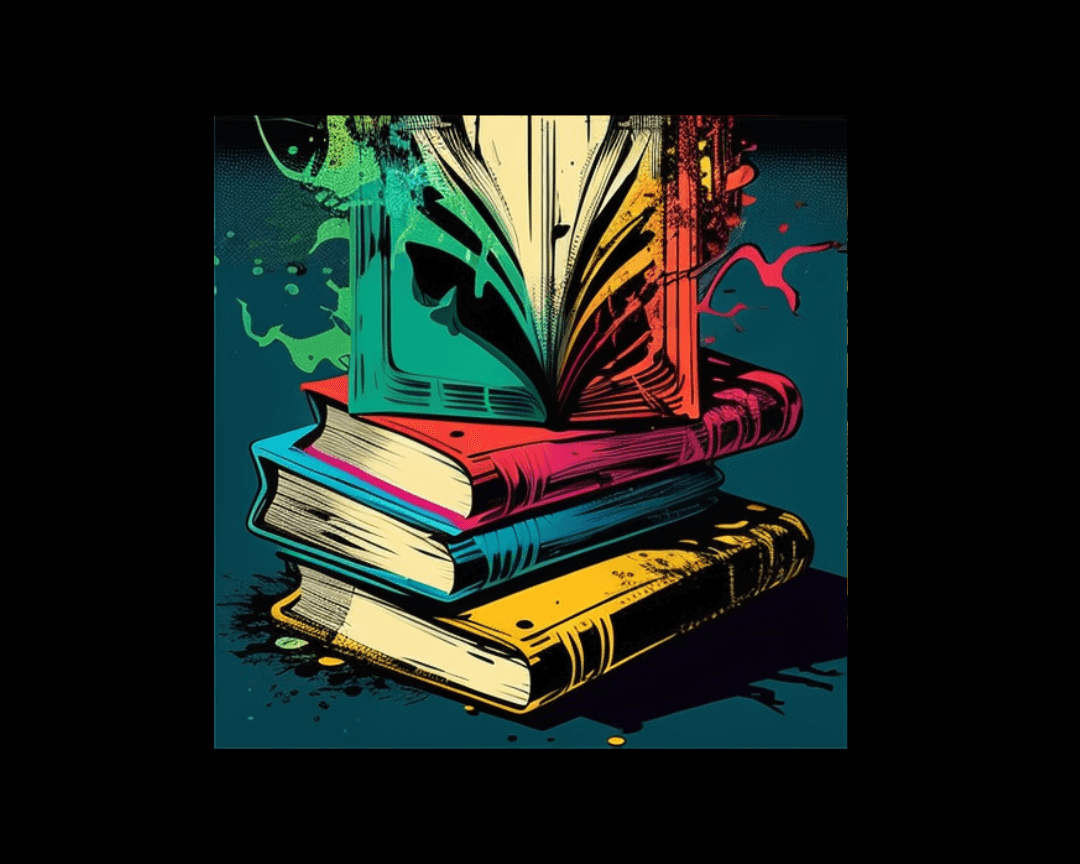How to Speed Write: A Comprehensive Guide to Writing Faster
The ability to write quickly and efficiently has become an indispensable skill. Whether you're a student burning the midnight oil to finish an essay,...

The world loves an overnight success story—the dustman who becomes a singing sensation, the single mother who conceives an entire fantasy series on a train ride, the graffiti artist who conquers the fine art world. But behind these seemingly magical transformations lies years of dedicated work and learning.
There's a common misconception that great writers emerge fully formed, blessed with an innate gift that makes words flow effortlessly onto the page. This notion couldn't be further from the truth. Writing isn't a divine gift or innate talent—it's a craft that can be learned through dedication and practice.
Most aspiring writers become so preoccupied with whether they can write that they miss a crucial point: writing isn't just about elegant prose or sophisticated vocabulary. Nobody has ever remained glued to a book purely for its complex word choices. At its core, writing is about storytelling, and storytelling can be learned.
Consider these success stories from the literary world:
Successful writing programs typically offer three crucial elements:
Here's what you should learn if you have a hope of doing this professionally.
While you don't necessarily need formal education to become a writer, structured learning offers several advantages:
Writers can develop their craft through various means:
As Fay Weldon CBE FRSL notes: "I wasn't taught how to write novels—I just wrote them. But I completely overlooked the years I spent writing copy in an advertising agency and what I learned about the nuances of language."
Even established authors continue to learn and develop:
The best writing instruction comes from:
Creative writing can absolutely be taught, but it requires:
The question isn't whether creative writing can be taught—it's about finding the right method and commitment to learn. Whether through formal education or self-directed study, the path to becoming a writer is open to anyone willing to put in the work.

The ability to write quickly and efficiently has become an indispensable skill. Whether you're a student burning the midnight oil to finish an essay,...

Usually, when people hear about creative writers, they think of poets and novelists, but there are actually a lot of careers for those who excel in...

They say the best writers are readers, and while there are endless learning opportunities to be gleaned from reading novels and poems, there’s no...